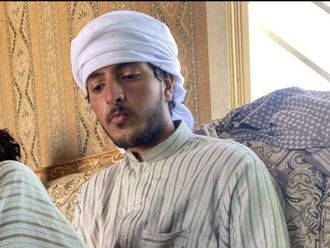Abu Dhabi: Members of the Federal National Council on Tuesday passed a draft law regulating building, maintenance and religious activities at mosques across the UAE.
Under the bill, lectures, sermons, Quran memorisation, meetings, collecting donations, book distribution, among other activities, may not be carried out without permission from the Islamic affairs authorities.
The law also prohibits posting any material, providing Quran copies or furniture or holding Ramadan iftar banquets.
The draft law requires the final approval of President His Highness Shaikh Khalifa Bin Zayed Al Nahyan, before it is enforced.
According to the draft law, offenders may face a prison term of up to three months and a fine of not less than Dh20,000.
Earlier, the House discussed how to regulate fatwas on social media.
The UAE has set up a new federal council to combat controversial and hardline fatwas that are spread on the internet by unauthorised sources.
The move brought the rulings under a single body to ensure reasoned and moderate judgements.
Dr Mohammad Mattar Salem Al Kaabi, chairman of the General Authority of Islamic Affairs and Awqaf, said the Council for Fatwa is a proactive step towards eliminating sources from which extreme religious teachings could evolve.
Al Kaabi told the House that the Islamic Affairs Authority received 1,300 calls, mostly from foreign countries, seeking fatwas.
“The authority has records of more than three million fatwas available to the public,” he said.
“And at the same time, the council closes the door for people to offer personal opinions, ideas and rulings on Islam that may stem from themselves or a tradition that is not known in Islam or the UAE,” he said.
The fatwa council oversees the seven emirates and it will be able to educate people on the reality of the ad-hoc fatwas they come across.
The UAE Council for Fatwa issues Islamic rulings on various issues on the request of government entities, institutions, or the general public, resorting to a defined mechanism to issue, announce and archive rulings.
In addition, it regulates the right to exercise the issuance of fatwa and ensure compliance to required licensing and training, with the aim of eradicating all extremism and ill-motivated practices.












